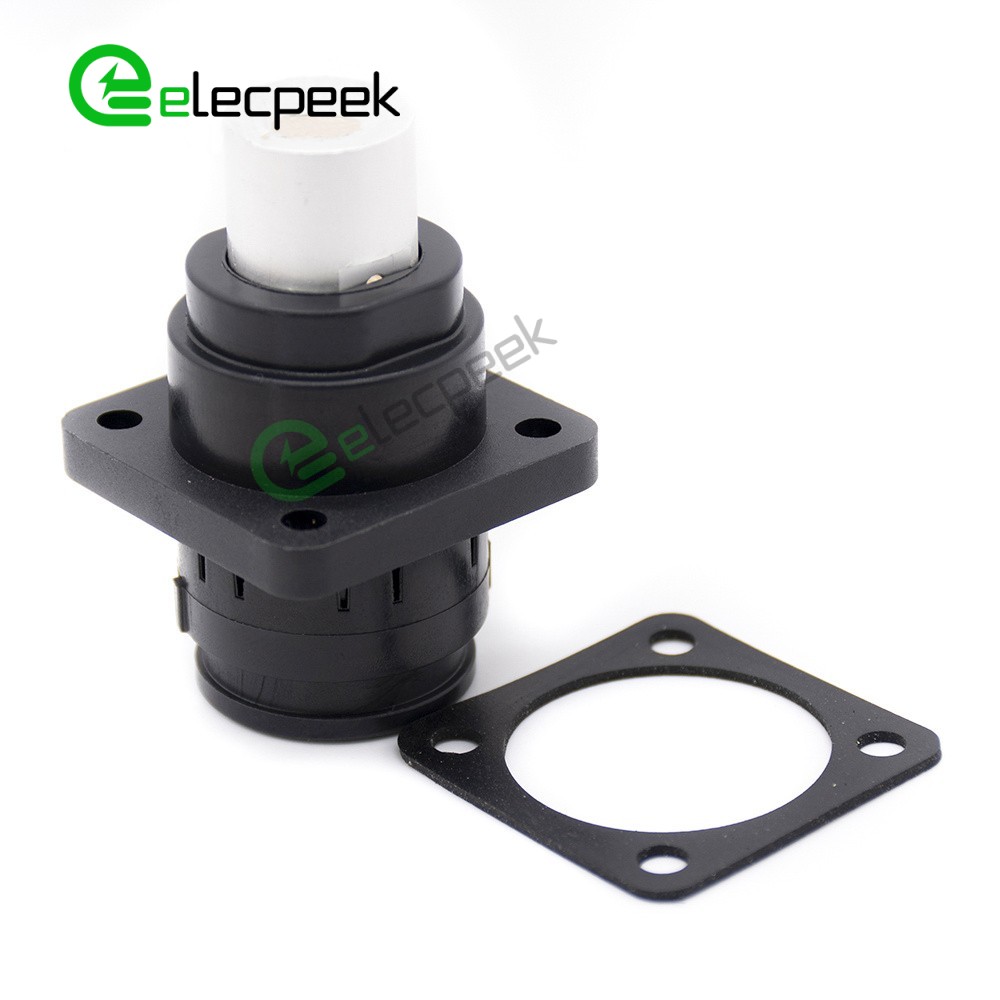Energy storage connectors are a critical component of energy storage systems, facilitating the transfer of energy between these systems and the power grid. However, like any other component, energy storage connectors can experience various issues that can affect their performance and efficiency. Here are some of the most common issues with energy storage connectors and their solutions.

Corrosion
Corrosion is a common issue with energy storage connectors, particularly in environments with high humidity or salt exposure. Corrosion can result in a poor connection and increased resistance, leading to energy loss and reduced system performance.
Solution: Using connectors made of corrosion-resistant materials, such as aluminum or stainless steel, can reduce the risk of corrosion. Coatings such as nickel plating or anodizing can also protect connectors from corrosion.
Loose Connections
Loose connections can cause arcing and heat buildup, leading to damage to the connector and surrounding components. Loose connections can also increase resistance, leading to energy loss and reduced efficiency.
Solution: Tightening connections to the appropriate torque can reduce the risk of loose connections. Periodic inspection and maintenance of connectors can also help detect and address loose connections before they cause damage.
Overheating
Energy storage connectors can generate heat during operation, particularly when the current flowing through them is high. Overheating can lead to damage to the connector and surrounding components, as well as increased resistance and energy loss.
Solution: Choosing connectors with a high-temperature rating and ensuring that they are appropriately rated for the current flowing through them can reduce the risk of overheating. Proper cooling and ventilation of the energy storage system can also help manage heat buildup.
Insulation Damage
The insulation surrounding energy storage connectors can become damaged due to various factors, such as exposure to heat, moisture, or chemicals. Insulation damage can result in a short circuit, leading to system failure and potentially causing safety hazards.
Solution: Choosing connectors with high-quality insulation materials and ensuring that they are appropriately rated for the voltage of the system can reduce the risk of insulation damage. Regular inspection and maintenance can also help detect and address insulation damage before it causes system failure.
In conclusion, energy storage connectors are critical components of energy storage systems, and addressing common issues can help ensure their efficient and safe operation. Choosing connectors made of appropriate materials, ensuring appropriate torque and current ratings, managing heat buildup, and protecting insulation are essential measures to minimize the risk of connector issues and ensure the stability and efficiency of energy storage systems.



